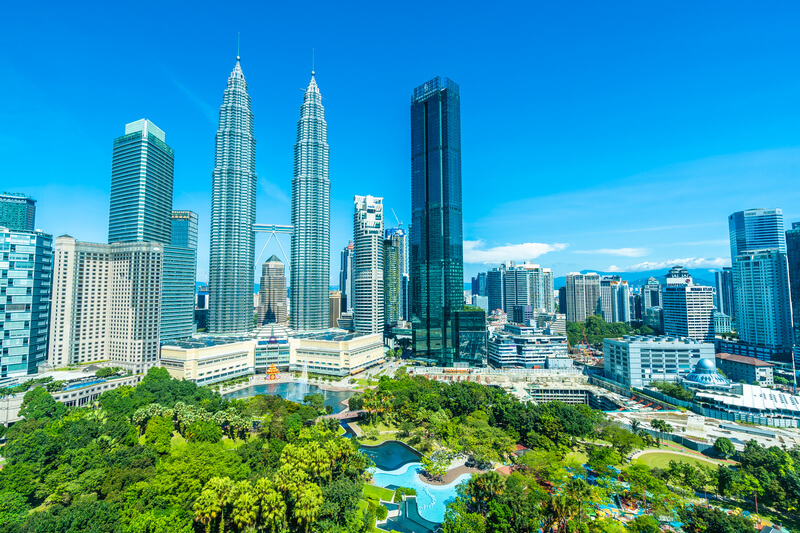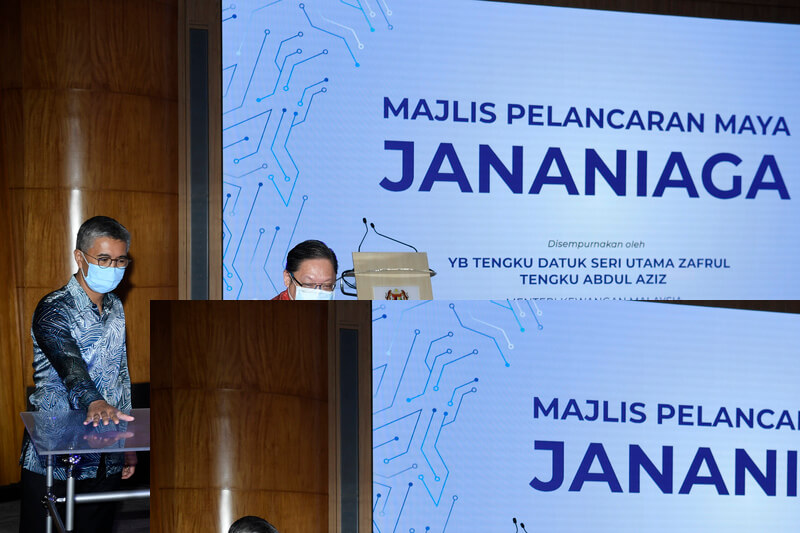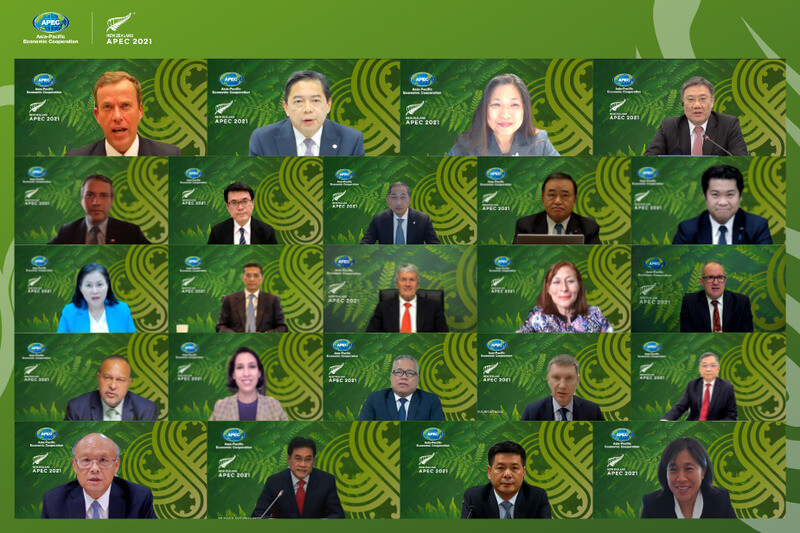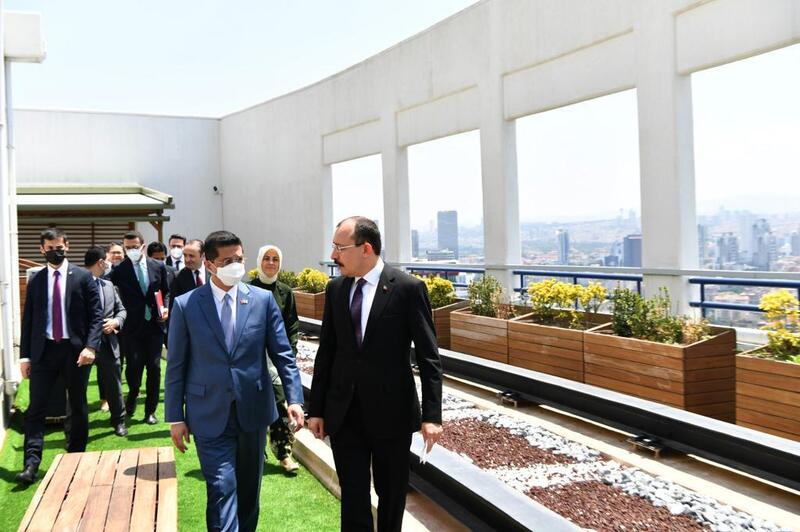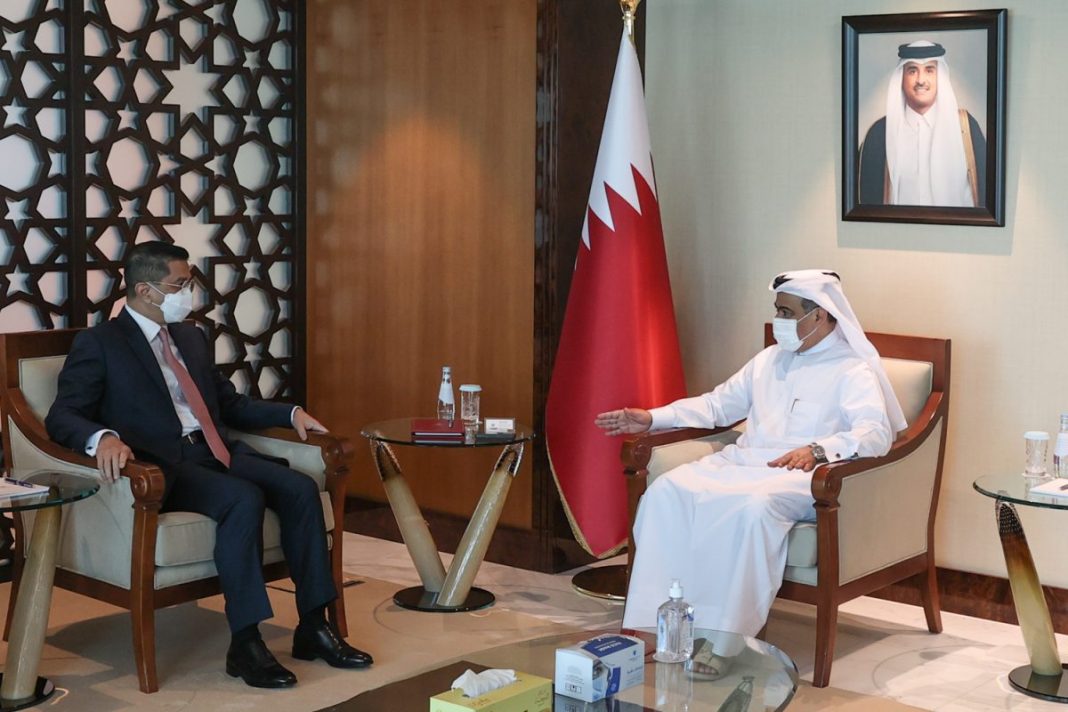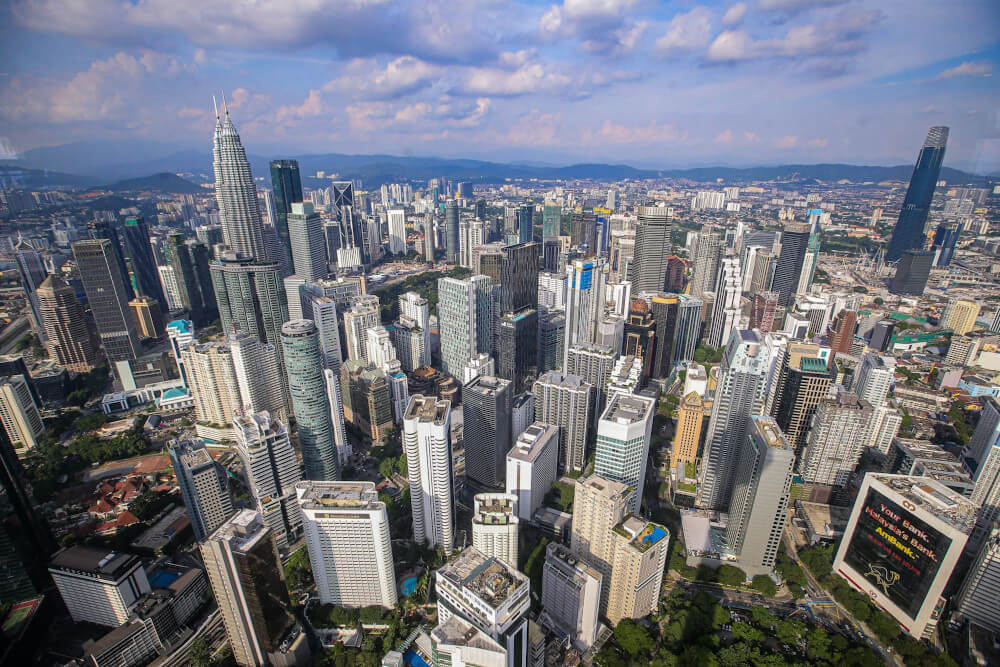Innovating to Feed a Growing Population
Leveraging 4IR Technologies to Ramp Up Food Production
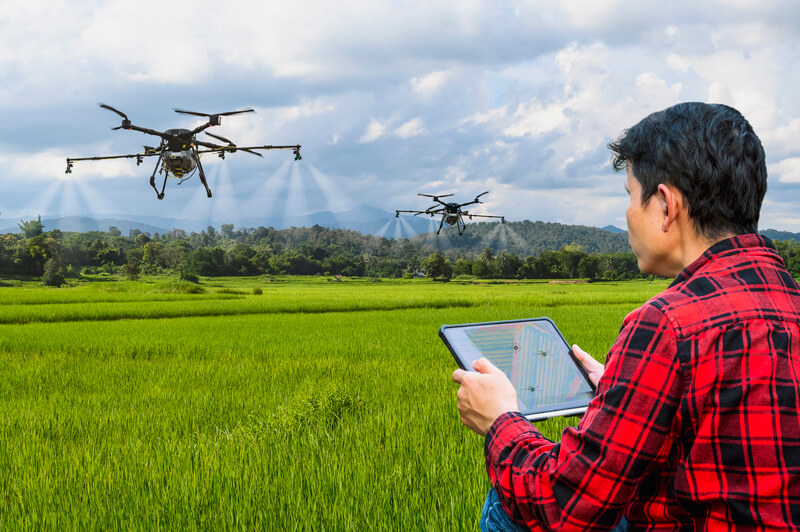
Palm-oil farmers in Malaysia have taken to the sky. Where once they surveyed their plantations by foot, covering 5 hectares per day, a single drone enabled them to assess crop health, monitor irrigation systems and detect pests across 2,500 hectares in a matter of hours. With a fleet of drones, they capture thousands of images every day.
Each image contains valuable information about the plantation. Using artificial intelligence, farmers can analyse images spanning 10,000 hectares in four hours—a job that would take 20 people two weeks to complete. That analysis empowers them to make decisions that increase crop yield, protect their plantations and deliver high-quality products—all of which are crucial for the country’s biggest food export.
These are but a few of the Industry 4.0 technologies that Malaysia is using to bolster agricultural and food production. With the global population projected to reach 9.7 billion by 2050, feeding everyone could be a challenge. As Malaysia continues to integrate advanced technologies into its production system, it stands ready to bolster food security at home and help the world rise to the challenge.
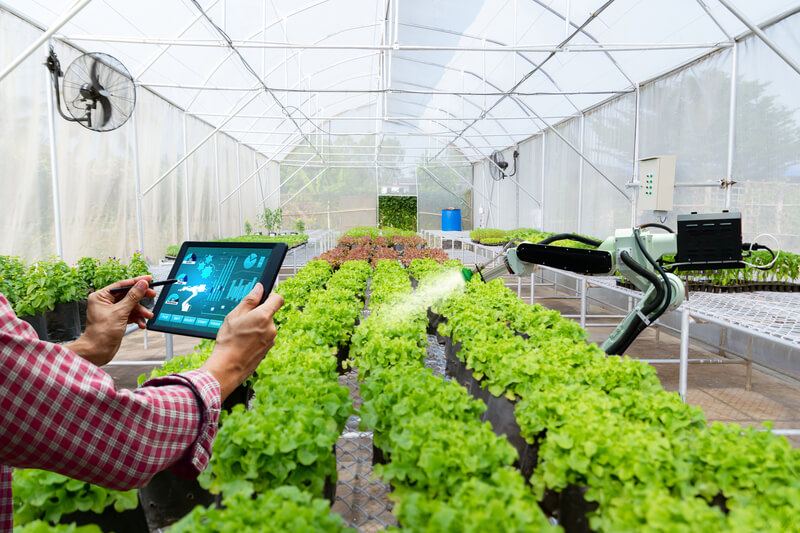
Using drones and AI, farmers can analyse images spanning 10,000 hectares in four hours—a job that would take 20 people two weeks to complete
The Rise of Smart Agriculture in Malaysia
The average farm generates an estimated 500,000 data points per day.[ IBM] That includes everything from temperature and humidity to soil nutrient content. As agricultural applications of 5G, big data, artificial intelligence, drones and the Internet of Things (IoT) become more affordable, Malaysia’s farmers are using them to collect data and generate valuable insights. The result is greater efficiency, output and food security.
Transitioning to smart farming isn’t easy. To help farmers’ modernise, the Malaysian Government provides support. In 2020, for instance, the Government budgeted 43 million Ringgit Malaysia ($10.6 million) to support Agriculture Industry 4.0 with the aim of developing new crop varieties with higher productivity and quality. The 2021 annual budget includes 100 million Ringgit Malaysia ($24.7 million) for the implementation of impact and high-value agriculture and livestock projects. These investments help industry players overcome challenges and create new possibilities.
One such challenge comes from the production of rice—a staple crop in Malaysia. Rice production consumes 70% of the country’s available water resources. It depends on inefficient manual irrigation systems, which hamper production. Automation company Abbaco Controls collaborated with Intel and the Ministry of Agriculture’s Agricultural Development Project to create a decentralised automated water supply management solution. Through big data and IoT, the solution empowered farmers with greater insights and prediction of water availability. In turn, the farmers were able to increase the rice production by 20% and reduce total cost of ownership by 30% compared with the previous solution.
Beyond the field, Malaysia’s food producers are also using Industry 4.0 technologies in factories. Hexa Food, for instance, set up an in-house IoT department in 2018. The company produces a wide variety of herbs, spices and seasonings, using several machines in the process. After analysing production to identify gaps, Hexa automated parts of the process, increasing efficiency and reducing waste. A 1% reduction in waste increased Hexa’s net profit by as much as 4%. Less waste coupled with Hexa’s halal certification positions the company to benefit further from one of the biggest trends in the global food industry: surging demand for halal products.

Malaysia is capable of becoming a global halal food hub to meet the ever-growing demand for halal food
Malaysia – The Global Halal Food Hub
Global demand for halal food products is forecast to reach $3.2 trillion by 2027, up from an estimated $1.7 trillion in 2020. Malaysia is in a unique position to deliver against the projected surge in demand. Renown as a modern Muslim nation, it has the trust and know-how to become a global halal food hub in the branding, processing and marketing of halal foods to Muslim populations around the world. It will assume an important role in helping the world achieve self-sufficiency in halal food.
Central to that is Malaysia’s Halal certification, which is recognised by 84 foreign halal certifiers in 46 countries. This indicates that certified products have passed safety, quality and legal requirements based on the Good Manufacturing Practice and Hazard Analysis and Critical Control Points. This provides immense opportunities for food processing industry players, who can leverage Malaysia’s comprehensive halal ecosystem with confidence.
Food and beverage giant Fraser & Neave Holdings (F&N) announced its intentions to do just that in January 2021. After acquiring three Malaysian companies, CEO of F&N , Lim Yew How said that, “Our latest investment will serve as a platform to expand into more halal food segments and to meet the rising demand for convenience and ready-to-eat food products.” These acquisitions diversify F&N’s offering while creating inroads into a rapidly growing market.
For those already active, tapping into the global halal market is about to get easier. The online Halal Integrated Platform (HIP), due to launch this year, aims to facilitate trade, increase competition, provide access to Government facilities and establish an online marketplace. It will also help businesses to find ingredients, advertise, and secure talent and more. According to Senior Minister and Minister of International Trade and Industry, Datuk Seri Mohamed Azmin Ali, this will enable Malaysia to capitalise on various aspects of digital transformation.
The HIP has huge implications that extend to pharmaceuticals, cosmetics and other consumer goods that are experiencing an increase in demand. The halal pharmaceuticals market, for instance, is forecast to grow at a compound annual rate of 9.4% to reach $174.6 billion by 2025. Meanwhile, the market for halal cosmetics is tipped to grow a compound annual rate of 12.3% to $52 billion over the same period.
As global demand for food, pharmaceuticals and other products rises, Malaysia will assume an increasing role in fulfilling the world demand. The country’s embrace of advanced technologies positions it to consistently deliver the high-quality products that consumers desire, while halal certifications enable it to meet the needs of the growing Muslim population. Through investment, innovation and hard work, Malaysia will continue to play a vital role in global consumer goods supply chains for years to come.
Source: Bloomberg (In conjunction with MIDA X Bloomberg Collaboration)




